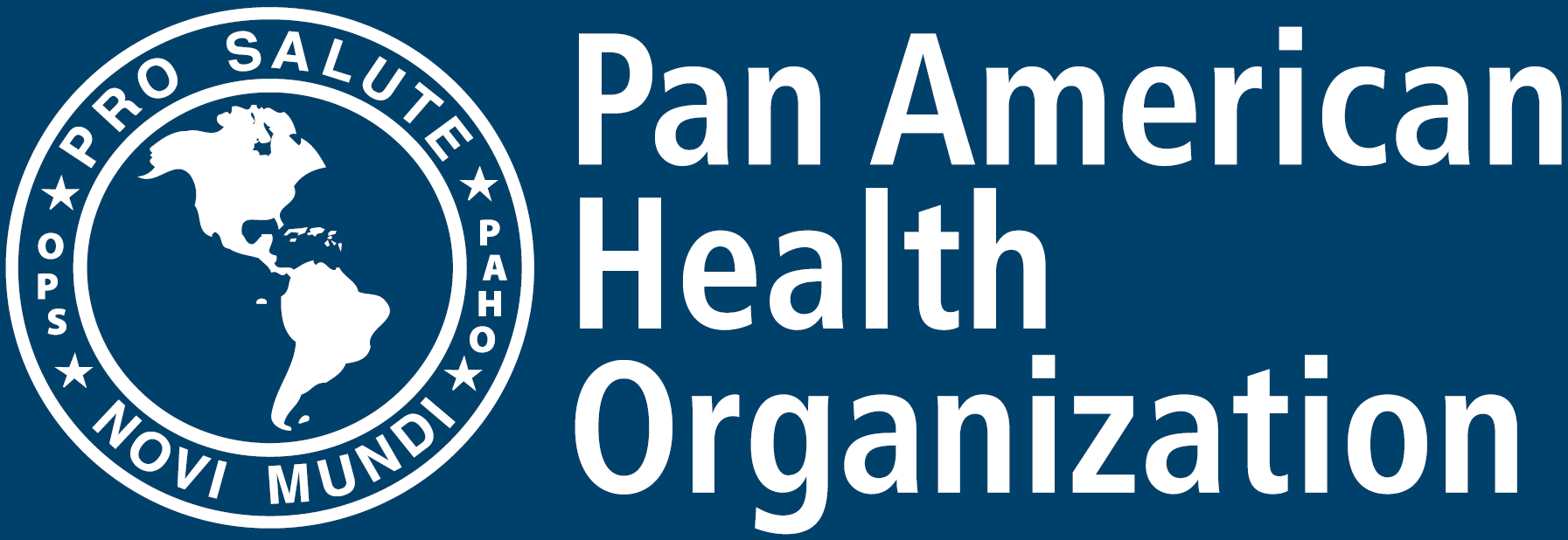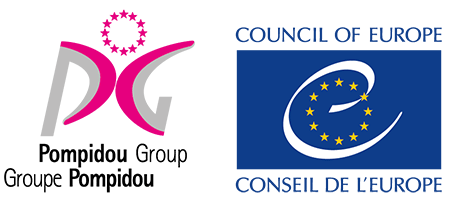The Universal Prevention Curriculum (UPC) strengthens the capacity of professionals working in the field of drug prevention to identify gaps, develop a plan of action, and implement and evaluate evidence-based prevention policies and interventions in a variety of settings. This curriculum addresses the need for a knowledgeable and competent prevention workforce and can be disseminated throughout a country using a training of trainers approach. International organizations are able to further enhance country capacity to implement evidence-based drug use prevention programs through the support of mentors, and technical assistance for the implementation of selected family-, school-, and community-based prevention programs.
The UPC consists of two series, one series for Managers and Supervisors who oversee the implementation of prevention interventions and/or policies and one series for practitioners who are directly responsible for the implementation of evidence-based prevention interventions.
The UPC is available in English (all tracks), Spanish (all tracks), Portuguese (some tracks), and French (some tracks).
This curriculum is developed in accordance with science-based information and skills-based prevention training and founded on the International Standards on Drug Use Prevention developed by the United Nations Office on Drugs and Crime (UNODC). It is written by prevention researchers who are specialists in substance use epidemiology and evaluation, and in prevention strategies that are delivered to families; within schools, workplace and community; and through the media and regulatory policies. The primary thrust is on evidence-based interventions and policies, implementation quality, and sustainability.
https://drive.google.com/drive/folders/1PKN2wBRS2itgUr24DMaXBd2y-sPGEbd
ISSUP - Training - Universal Prevention Curriculum
By promoting a comprehensive and evidence-based approach, the UPC aims to help countries reduce the harms associated with drug use and promote the health and well-being of individuals and communities throughout the world.
Accomplishments to Date:
- National Trainings of Trainers conducted
- National Trainers trained
- Regional Trainers trained
- ICAP credentialed prevention professionals
UPC Managers and Supervisors Training
The UPC-M&S provides a training programme for prevention managers and supervisors who manage and supervise the implementation of prevention interventions and/or policies. This series is composed of nine courses as follows:
- UPC 1: Introduction to Prevention Science (40 training hours)
- UPC 2: Physiology and Pharmacology for Prevention Professionals (24 training hours)
- UPC 3: Monitoring and Evaluation of Prevention Interventions and Policies (40 training hours)
- UPC 4: Family Based Prevention Interventions (32 training hours)
- UPC 5: School-based Prevention Interventions (40 training hours)
- UPC 6: Workplace-based Prevention Interventions (24 training hours)
- UPC 7: Environment-based Prevention Interventions (24 training hours)
- UPC 8: Media-based Prevention Interventions (24 training hours)
- UPC 9: Community-based Prevention Implementation Systems (40 training hours)
Following the UPC Managers & Supervisors training, Colombo Plan will offer virtual technical assistance for the design and implementation of prevention plans and echo training.
UPC Practitioners Training
The UPC for Practitioners is designed to provide knowledge, skills, and competencies to prevention practitioners so that they have a better understanding about the key elements of evidence-based (EB) prevention and about the most effective EB prevention interventions that are currently available.
- UPC 10: Introduction to the Universal Prevention Curriculum Series for Practitioner (48 training hours)
- Practitioners Specialty Track 1: Family-based Prevention- (87 training hours)
- Practitioners Specialty Track 2: School-Based Prevention (84 training hours)
- Practitioners Specialty Track 3: Workplace-Based Prevention (85 training hours)
- Specialty Track 4: Environment-Based Prevention (69 training hours)
- Practitioners Specialty Track 5: Media-Based Prevention (86 training hours)
- Practitioners Specialty Track 6: Community-Based Prevention (89 training hours)
- Practitioners Specialty Track 7: Monitoring and Evaluation of Prevention Interventions and Policies (63 training hours)
- UPC 81: Engaging Youth in Prevention
Following the UPC Practitioner Series training, CICAD will offer training and technical assistance for the implementation of selected school-, family, and community-based prevention programs.
UPC Training of Trainers (ToT)
- Includes a workshop on facilitation strategies and a “teach back” exercise to practice
- Can be delivered face to face, virtually, or through a hybrid of face to face and virtual training
- Increased number of trained professionals in the Universal Prevention Curriculum
- Improved knowledge and skills for the implementation of evidence-based drug use prevention programs
- Strengthen the capacities of local teams to diagnose, plan, implement and evaluate evidence-based prevention policies and interventions in the family, school, workplace, the media, the environment and the community
- Strengthening of a global community of practice to facilitate the exchange of best practices and lessons learned
- Promotion of international collaboration and information sharing to address global challenges associated with drug demand
- Improved public health outcomes by reducing the incidence of drug-related illnesses, overdoses, and associated health complications
- Professionalization and credentialing of the prevention workforce
- Prevention professionals develop a comprehensive understanding of the factors contributing to drug use and evidence-based strategies to prevent drug use, especially among vulnerable populations such as youth.
- Training participants gain an increased awareness of the diverse range of substances and their effects, as well as emerging trends in drug use.
- Adoption of the UPC training process leads to increased collaboration among professionals from various disciplines, as well as increased collaboration of prevention professionals with policymakers to enact and implement laws and regulations that align with public health goals.
- The design and implementation of prevention plans aligned with the national drug policy increase the effectiveness and dissemination of evidence-based practices.
- Universities incorporate the UPC into their curricula.
UPC Managers and Supervisors Series:
Colombo Plan, Camila Patiño, Project Manager – Latin America and Caribbean Training Dissemination, camila [dot] patino [at] colombo-plan [dot] org (camila[dot]patino[at]colombo-plan[dot]org)
Colombo Plan, Dr. Josephine Choong Lean Keow, Project Manager – Prevention Curriculum Development, jochoong [dot] leankeow [at] colombo-plan [dot] org (jochoong[dot]leankeow[at]colombo-plan[dot]org)
UPC Practitioners Series:
OAS/CICAD, Isabella Araújo, Demand Reduction Unit Senior Program Officer, iaraujo [at] oas [dot] org (iaraujo[at]oas[dot]org)
Colombo Plan, Dr. Josephine Choong Lean Keow, Project Manager – Prevention Curriculum Development, jochoong [dot] leankeow [at] colombo-plan [dot] org (jochoong[dot]leankeow[at]colombo-plan[dot]org)
Giovanna Campello, Chief, Prevention, Treatment & Rehabilitation Section, UNODC giovanna [dot] campello [at] un [dot] org (giovanna[dot]campello[at]un[dot]org)
UPC M&S and Practitioners:
Giovanna Campello, Chief, Prevention, Treatment & Rehabilitation Section, UNODC giovanna [dot] campello [at] un [dot] org (giovanna[dot]campello[at]un[dot]org)




